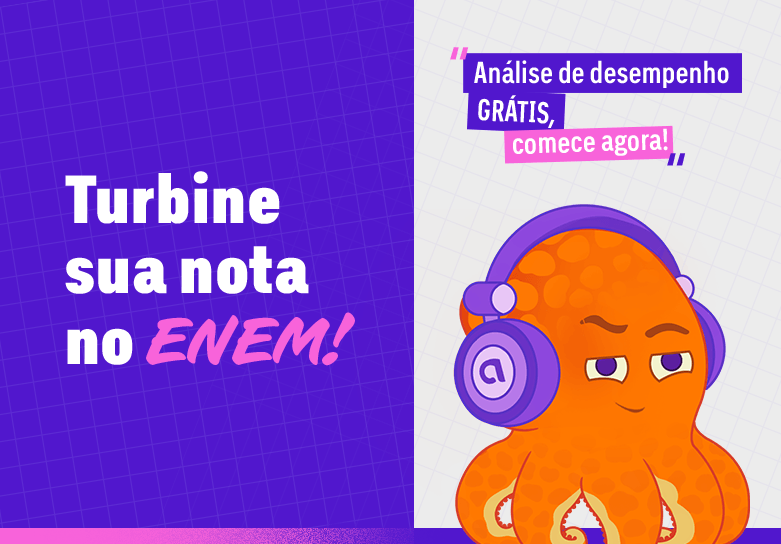UNEB Medicina 2016/1
You’ve got a friend
When you’re down and troubled And you need a helping hand And nothing, nothing is going right. Close your eyes and think of me
5 And soon I will be there To brighten up even your darkest nights You just call out my name And you know wherever I am I’ll come running
10 To see you again Winter, spring, summer or fall All you have to do is call And I’ll be there, yeah, yeah, yeah You’ve got a friend
Disponível em: . Acesso em: 2 fev. 2016.
The question to which there is no answer in this song is
How fast will he come to help his friend?
What’s the songwriter’s friend advised to do?
When will the songwriter be able to come and help?
Why is the songwriter unable to help throughout the year?
How can the songwriter make his friend’s life better?
Resolução
Nessa canção, o eu lírico afirma que sempre estará disponível para ajudar o amigo, independentemente da estação do ano ("Winter, spring, summer or fall"). Vemos que a letra apresenta indicações sobre o que a pessoa deve fazer (chamar o nome do narrador) e quando ele estará disponível (em qualquer época). Entretanto, não há nenhuma explicação sobre por que o narrador não estaria disponível durante todo o ano, já que o texto sugere justamente o contrário: que o apoio é oferecido de forma incondicional. Por isso, a única pergunta que fica sem resposta no texto é aquela que questiona a indisponibilidade do narrador. Logo, a alternativa correta é a letra (D).
Dicas
Erros Comuns
Interpretação textual de canções: Compreender a mensagem principal de uma música/poesia envolve notar o que é de fato respondido ou sugerido no texto.
Leitura inferencial: Identificar perguntas ou questões sobre as quais o texto não fornece respostas diretas ajuda a interpretar melhor o sentido e a função da letra.





